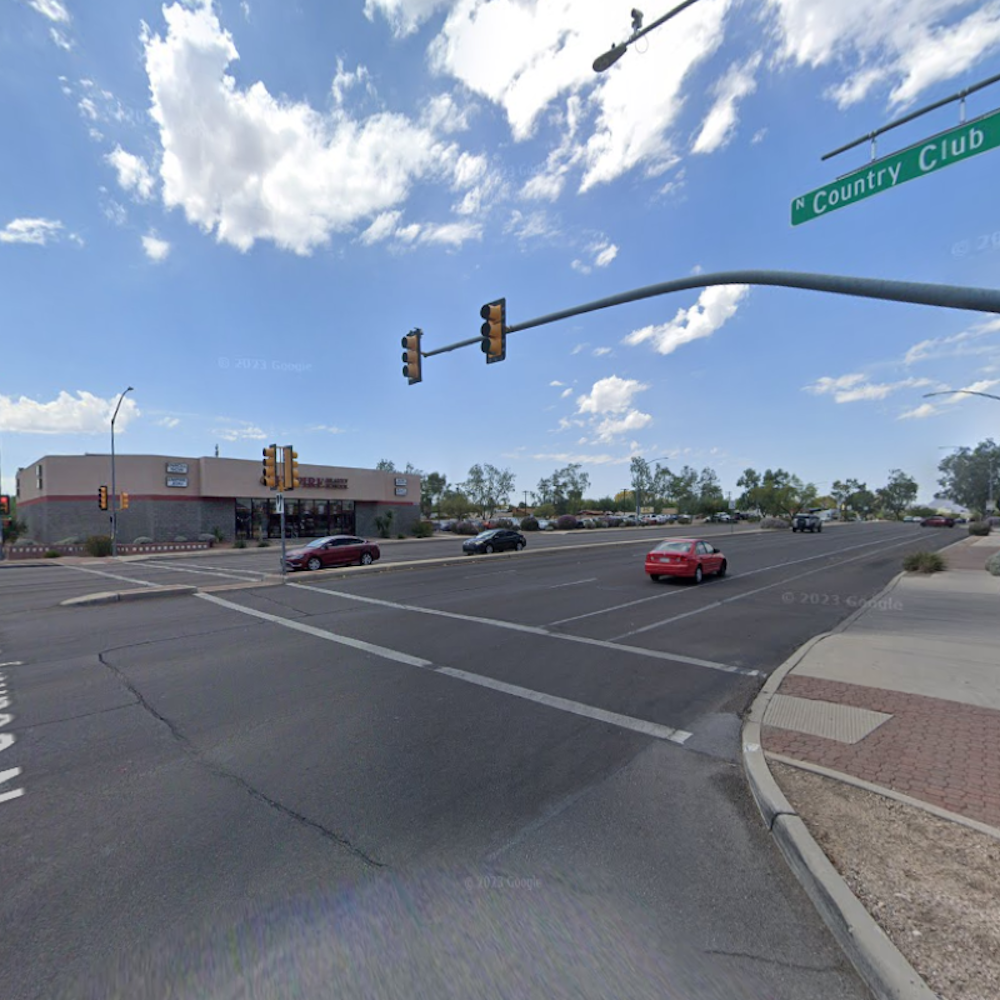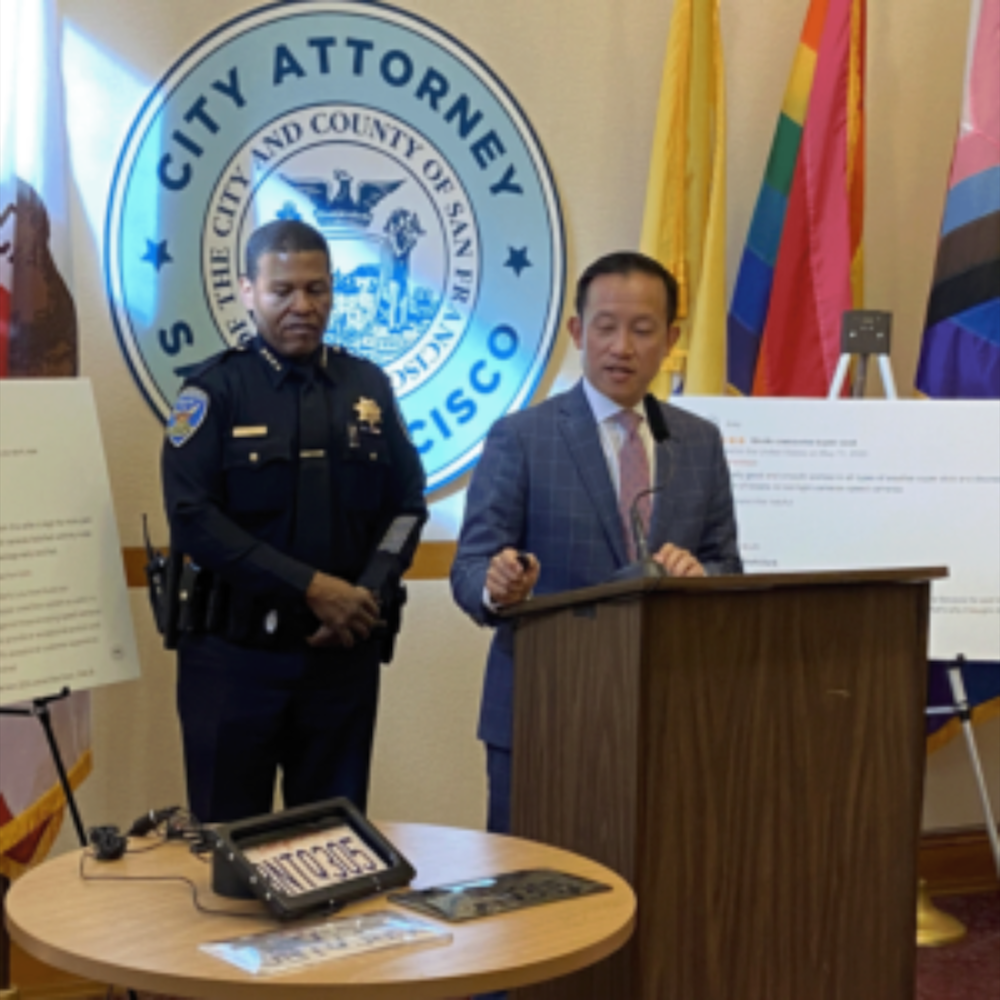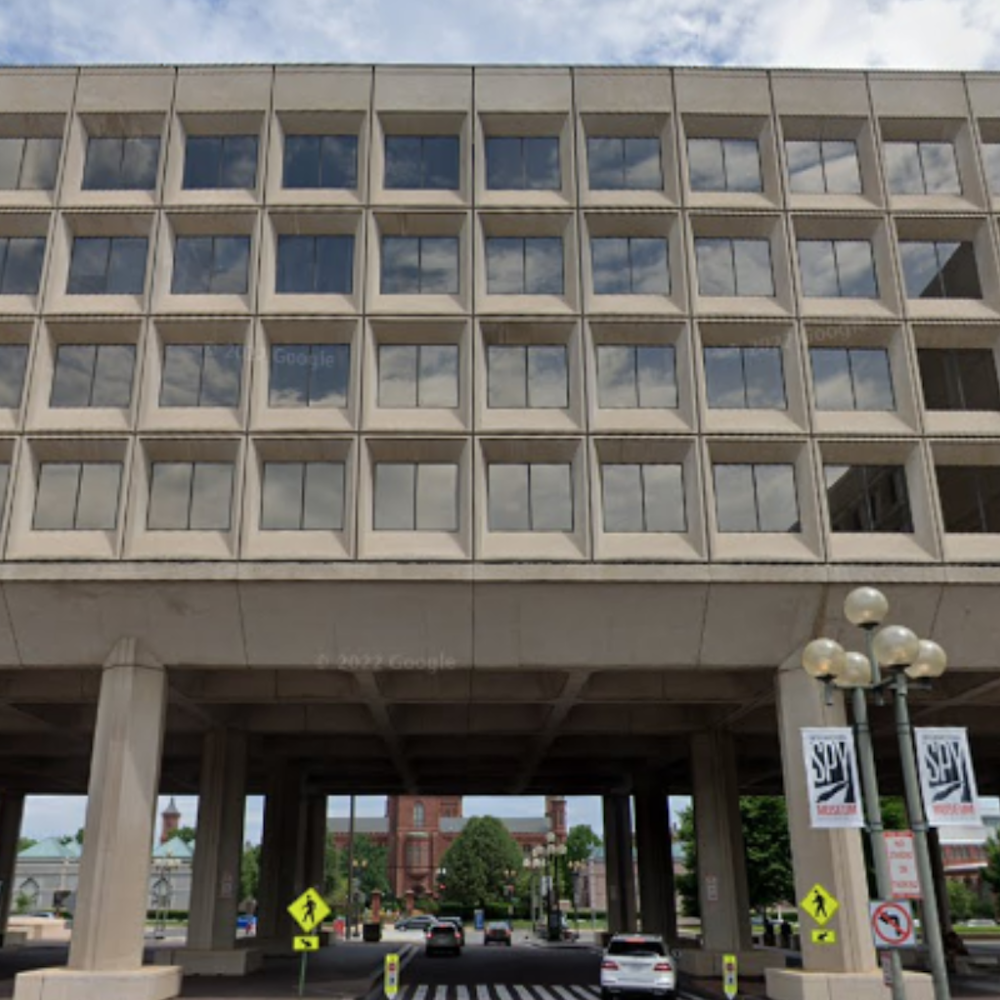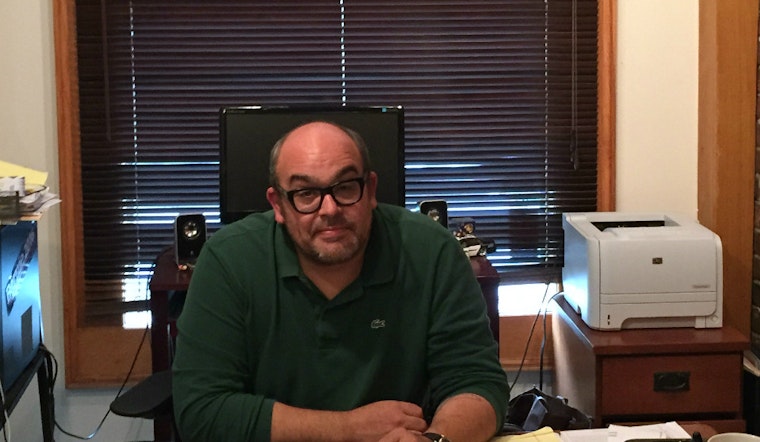
We've profiled lots of restaurants, retail shops, and even corner stores in the Lower Haight, but the neighborhood has plenty of businesses that aren't always visible to the naked eye. Today, we get to know one of them: Allegiance Law, which has practiced law in the Lower Haight for the past five years.
When it comes to his boutique law firm, Allegiance Law, there are two things Jason Lundberg wants others to know about right off the bat.
The first is that the firm is paid on contingency, which means unless a client wins the case, the firm does not get paid. Therefore, Lundberg says, he and his colleagues will never take a client they don't believe in 100 percent—not just because of ethics (which are paramount), but because it would also be a bad business decision.
The second is that workers out to make a “quick buck” or trying to scam the system are quite rare. If someone is pursuing legal action for the types of cases Allegiance takes on, including worker's compensation, unpaid wages and/or overtime, and withholding wages because the worker was undocumented, Lundberg says it's highly unlikely that they're lying or making up their case. In the case of worker's compensation, cases are often only to to pay for past and future medical bills, or receive the necessary treatment to return to the workforce.
Raised in San Jose, Lundberg has lived in the city since 1992, and in the Lower Haight for over 20 years. A Golden Gate University School of Law grad, Lundberg opened Allegiance Law in 2009, initially working out of his Lower Haight apartment before securing his current office space at 871 Page St. Now a partner, he employs two full-time lawyers, a paralegal and a legal assistant; members of his staff are fluent in Spanish, Russian, and French, allowing them to communicate with clients who may have difficulty speaking English.
Lundberg says that approximately 25 percent of Allegiance's clients reside in the Lower Haight and surrounding neighborhoods like the Upper Haight, Western Addition, and Hayes Valley. Jason believes this is because people are more comfortable with a smaller firm located in their neighborhood that they can walk to, as opposed to going downtown to the more intimidating Financial District.
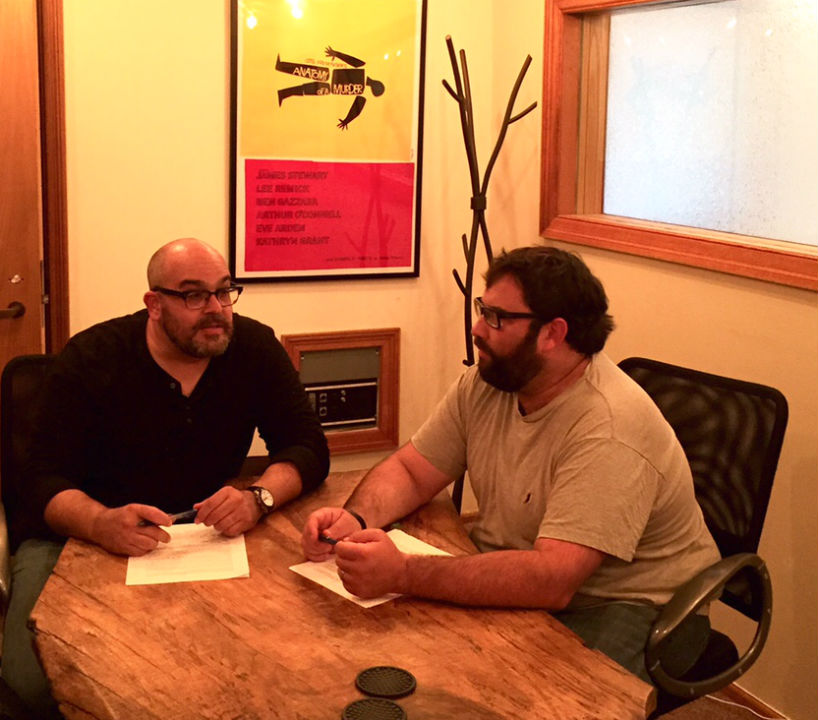
Jason Lundberg and attorney Igor Kopilenko discuss a case.
Of the personal injury law field, he says “there is a huge perception that people are trying to get away with things and are filing claims that are not legitimate. Often, this is the result of tort reform propaganda by the insurance companies. The way the laws are stacked, it’s frequently almost impossible to get injured workers the treatment they need and deserve ... Unfortunately, the insurance companies don’t want to pay claims. They fear losing money and setting a precedent for future cases. Their defense is 'Based on our studies, it is impossible for a person to have suffered that injury under those circumstances.'"
As an example, Allegiance partner Igor Kopilenko mentioned a client who injured his back in the workplace. His employer denied his claim, and his doctor allowed him to return to work, albeit with a strict restriction on the amount of weight he could lift. The employer ignored the restriction, and the worker re-injured his back after only a month on the job. He's since had four surgeries, and will most likely never work again. The worker's case has been ongoing for several years, with treatment and surgeries being delayed or outright denied; it remains unresolved.
A significant number of Allegiance's clients are undocumented workers, as laws in the state of California protect them at the same level as citizens. For example, if an immigrant is working as a housecleaner, and an employer begins withholding their wages or threatens to report them to immigration if they complain, that person can pursue legal action without fear of being deported.
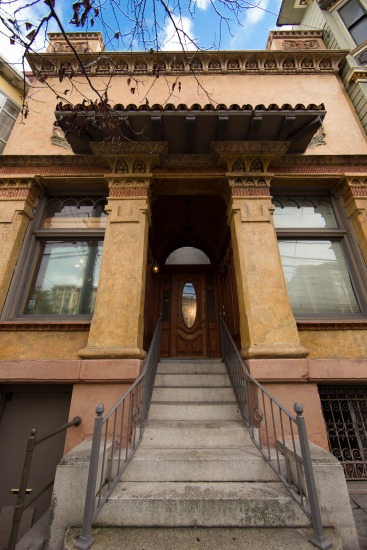 871 Page St. (Photo: Tarah Beaven)
871 Page St. (Photo: Tarah Beaven)
A year ago, Jason married Michelle Walsh, another longtime Lower Haight resident who's also lived in the neighborhood for more than two decades. The couple was recently approved to become foster parents. The process was not easy, but it's something they both feel passionate about. "Currently there are nearly 2,000 children in the foster care system in the city of San Francisco, and only about 180 families approved to be foster parents. It's a dire situation," he says.
As for whether he and his wife would ever leave the city, Jason admits that "It does get a little harder as you get older, living right on Haight Street, above the bars. But we love it. I can't imagine not being here. Until we can envision being someplace else, I don't ever see leaving."

